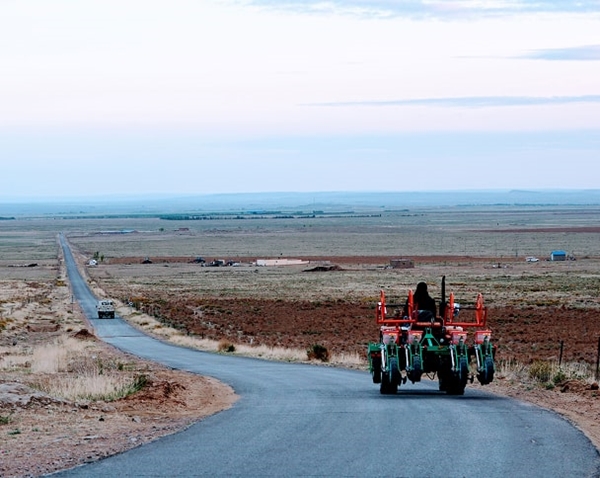
2024/25 Ethics & Sustainability Report and 2024/25 Performance Data

Targets & Performance
Our Ethics and Sustainability strategy sets out our targets under key overarching commitments

Tackling Modern Slavery
Nothing is more important than addressing the human rights of those who help make and sell our products and services.
As a purpose-led business that aims to put people and the planet before profit, nothing is more important than upholding the human rights of those who help make and sell our products and services.
Our Responsible Sourcing Code of Practice (RSCOP) sets out our commitment to workers’ rights and our expectations of our suppliers regarding issues such as pay, working hours, and child labour. It mirrors the Ethical Trading Initiative (ETI) Base Code. Clause one states employment must be freely chosen, with no forced, bonded or involuntary labour.
The RSCOP is the first point in a journey of continuous improvement within our supply chains, and is supported by strong governance on how we are managing and mitigating the risk of modern slavery and other human rights issues within our supply chains. Embedding both the RSCOP and strong governance of human rights issues in our supply chains is critical to enabling us to meet and exceed our responsibilities as a retailer, and the requirements of the Modern Slavery Act.

Human Rights Impact Assessments
As a responsible business we are committed to upholding human rights for all, this includes people in our supply chains and in the communities in which we operate.
Our Human Rights Policy sets out our commitment to respecting the human rights of those within our supply chains and our own operations and the surrounding communities.
Human Rights Impact Assessments (HRIAs) are a useful tool to understand our human rights risks. We work with a number of partner organisations to conduct these assessments in our higher risk operations and supply chains.
Conducting Human Rights Impact Assessments (HRIAs) is an integral part of our commitment to upholding the UN Guiding Principles on Business and Human Rights. They are used to shine a light on specific issues within an industry or location and to identify the underlying reasons why these issues occur - including looking at our own purchasing practices. Independent experts are appointed to engage with a wide range of stakeholders, from business owners and government bodies, to workers and people who live in the local community, to get insight into the scale and scope of the issue. Local NGOs and trade unions are also involved in this process, to provide local context and support the process so that it is inclusive.
Recommendations are then given on how to strengthen human rights and worker welfare policies and procedures to both remedy any impact that already exists and to prevent future harm. Where risks are flagged, it is our priority to address them, with the rights and needs of the workers at the heart of our response, so we work with suppliers to address them through collaborative solutions.


